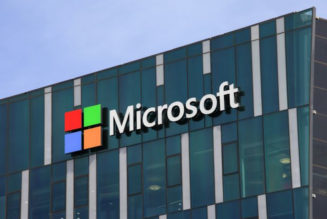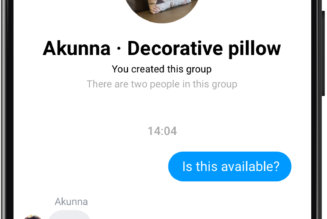International Mother Language Day, celebrated annually on 21 February, aims to promote awareness around linguistic and cultural diversity, promoting the preservation and protection of all languages.
Through Natural Language Processing (NLP), a technology that allows computers to effectively understand the way humans speak and interact, companies can bridge the language gap between cultures, encouraging diversity within their industries.
“Thanks to machine learning, coupled with the rise of big data, computers are learning to process and extract meaning from text, with impressive results,” says Dries Cronje, CEO and founder of Deep Learning Café.
“The ability for computers to effectively understand other languages has the potential to completely transform how local brands engage with consumers, businesses and organisations across South Africa.”
/* custom css */
.tdi_3_f0d.td-a-rec-img{ text-align: left; }.tdi_3_f0d.td-a-rec-img img{ margin: 0 auto 0 0; }
AI has drastically enhanced the accuracy and quality of translations, allowing machines to help break down language barriers for the eCommerce and legal sectors, as well as international trade. From translation software and apps to more advanced technology, like earpieces and handheld devices, companies like Google are enabling users to quickly navigate a multilingual world on the go.
“NLP technology presents a huge opportunity for both businesses and individuals, allowing people to learn and communicate in any language. As a result, these tools will be able to connect more communities to global marketplaces,” says Cronje.
“While there is concern that AI translation technology will discourage people from learning languages, advancements in AI will do just the opposite, helping us to remember new phrases and vocabulary more easily than ever before.”
Using NLP to bridge the language gap is just one example of how powerful AI can be in bringing humans and computers closer together. “There’s a wealth of additional opportunities where AI can be leveraged to save time and create value for any business,” says Cronje.
According to Microsoft and Ernst & Young’s AI Maturity Report, nearly half of South African companies are actively piloting AI within their organisations. “With rapid advancements in technology, it is vital that companies invest in AI-powered tools to keep up with the changing times,” concludes Cronje.
/* custom css */
.tdi_4_d86.td-a-rec-img{ text-align: left; }.tdi_4_d86.td-a-rec-img img{ margin: 0 auto 0 0; }











